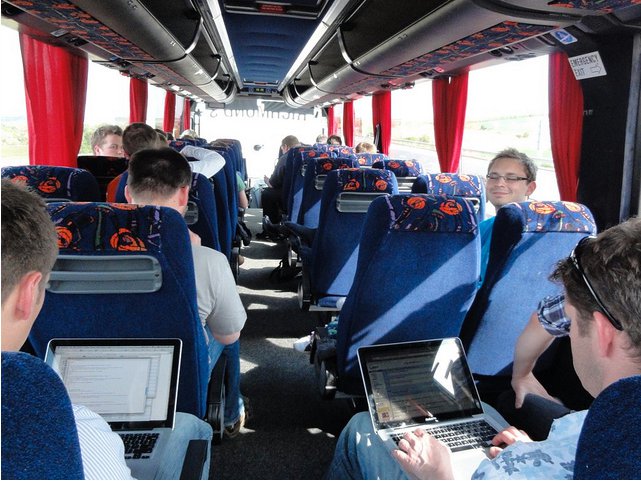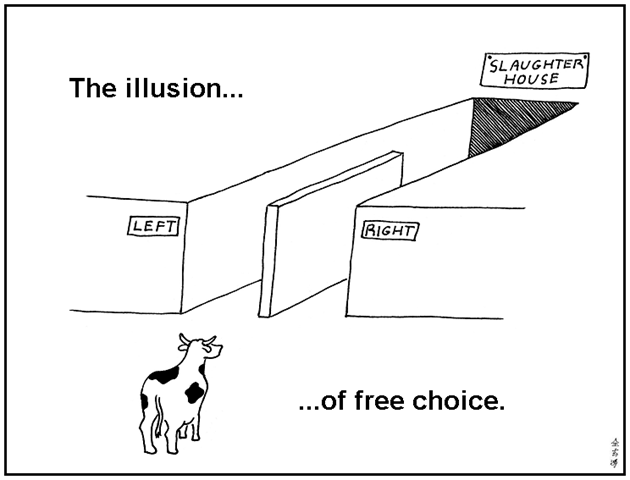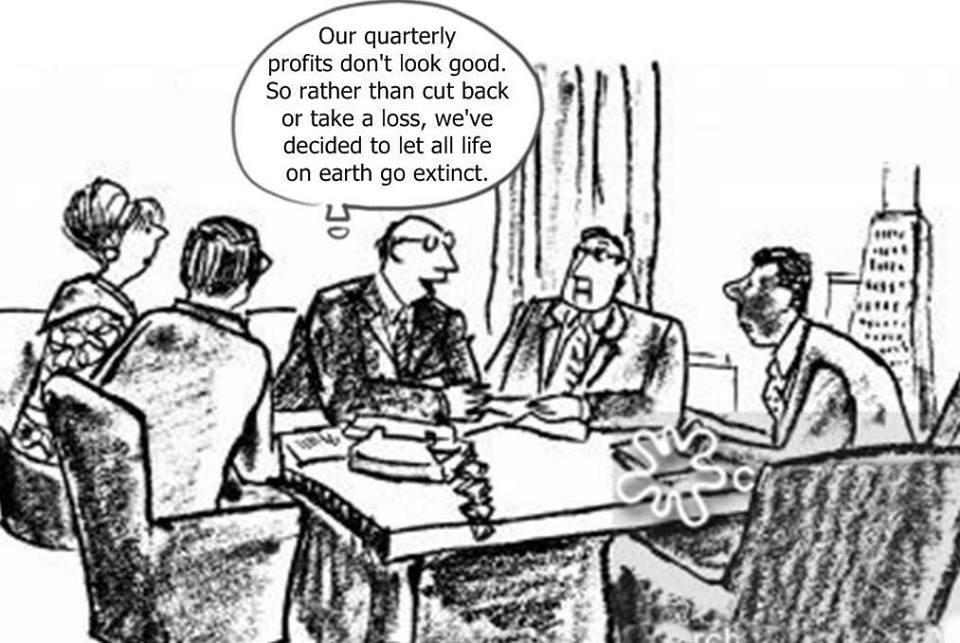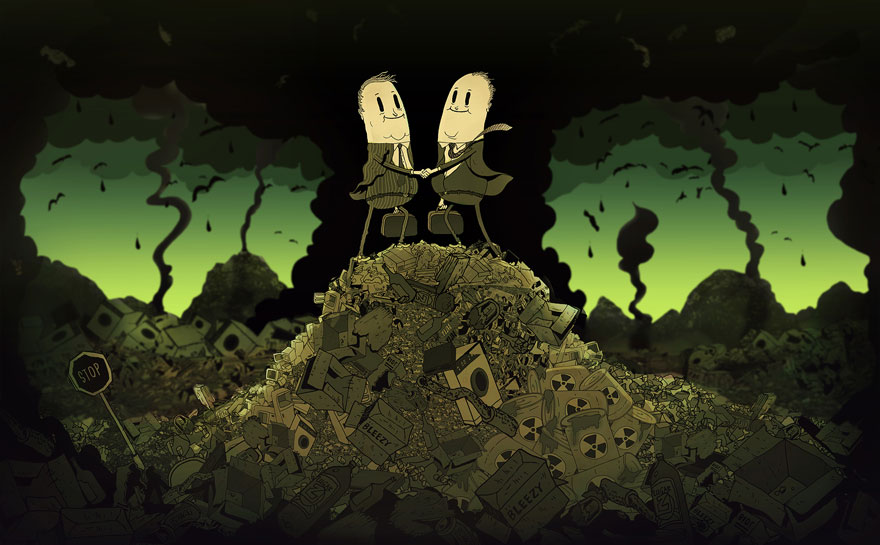This is a story of the people behind the camera; the unsung heros....

As I was having a "brand interaction" with Shaun the Sheep, I observed that there was one gender that was statistically more probable to be behind a camera, photographing a little person.
Mums are our unsung heros, Grannies are the nonjudgemental free babysitters for mollycoddled mummies boys, Aunties are the eyes that see everything from afar, Cousins are the ones who are 'Goldilocks'... not too close but not too far. You shouldn't marry your cousin though. Not enough genetic diversity.
Men are arseholes. Powerful men are entitled, bullying, cruel and myopic arseholes. Men are warriors, but we are supposed to be civilised. There is nothing civilised about war. There is nothing civilised about bullying, pain, human suffering, hunger and feeling unloved.
Mums are the antidote to men's raging testosterone. When women give birth, maternal instincts are programmed into the mother, which are necessary for the survival of the species. However, human babies have very large heads (ouch!) and are totally unable to support themselves and their alien head until they have drunk lots of mother's milk from the mammary glands of their mother.
Oxytocin is released into the bloodstream of nursing mothers, as part of bonding, but there is a sympathetic reaction, which is not in the mother's body, but in the father (if he stuck around for the birth). The release of this hormone is critical, to change the mode of the male, from fight, fuck and flee, into a responsible adult who deserves to have his offspring survive for long enough to possibly pass on 50% of his genes.
This is not so much the 'selfish' gene, as the 'anti-freeloader' mechanism. I'm sorry buddy, but you don't get to sow your wild oats and expect to reap what you sow. That's called rape.
I'm sorry to say it, but there are far to many rapists in the world. Men who think that they can get away with taking what they want, and not sticking around to face the emotional and physical consequences. The price for your 3 seconds of copulation could well be a pink/brown/yellow/red, screaming, incontinent midget, which can't feed itself, but yet you find yourself doing a weird dance in worship of this blood and mucus covered alien that just exited the mothership.
The "summer of love" was merely a chemical blip that nature would inevitably find its way around. The powerful drugs that have been synthesised in Bayer, Roche, Lily, Pfizer, Myers-Squibb etc. etc. which were tested on animals, including many of society's undesirables is a holocaust that we have conveniently forgotten. Baby boomers should not be nostalgic for being doped up in a field having unprotected sex, because that's f**king up society.
Many well meaning Physicians have entered Psychiatry, believing that it was a new Science, motivated by the desire to improve lives. Nobody did the long-term studies to find out whether the outcomes were better or worse. Where data has existed - for example, with Heroin, Cocaine, Laudenum, Snuff, Cannabis - the long term outcomes only look OK for the extremely wealthy. Are you the Queen of England? No? Then perhaps Cannabis is not for you. Big Pharma gets very rich indeed of patent royalties, which is completely at odds with the needs of sick people.
Psychoactive substances have always been the means of controlling society. Whether it was the Coca leaves of Peru and Columbia, Betel nut of Africa, Paan of Southern Asia, Tea of North India and China, Coffee and Cocoa of South America... and of course, Tobacco of the Americas. Older than all of these, is of course, alcohol which was brewed by monks in order to addict people to something that would fill their congregation pews.

As shamanism, witch-doctoring and magic declined in Europe, so organised religion rose to fill the void, as child mortality and and an early death were guaranteed to feature in the lives of Medieval people, along with hunger and bitterly cold winters. Life was short and sh1t.
Civilisation has advanced. We now have the resources to treat diseases, making them go away and people live instead of dying. In a hell of lot of cases that's a mosquito net and a sachet of salt & sugar, which will save the life of a person with runny pooh, provided they have access to clean drinking water. It's as simple as that.
Add food into the mixture and you're improving lives immeasurably in Sub-Saharan Africa. The Sahara is a bleak and desolate space that separates almost an entire continent from having access to civilisation. Do we travel there to distribute clean water, medicine, bicycles? No, we go there to steal gold, diamonds, uranium ore, dam their rivers, steal their resources and take what little crops the African people grow to feed themselves, paying barely enough for them to survive the winter. This is rape.
I don't know if this is coming across, but I'm quite angry about this. I have been for as long as I've been able to hold a complex thought and set of feelings in my young mind. I'm sorry I wasn't a right-on lefty liberal, born with a copy of The Guardian clutched in my hands, as I was ejected from my mother's womb. I'm sorry that you're too far up your Islington Blairite Hypocrite Champagne Swilling Holier-than-thou F**king A*se to see that the working classes care too... but they didn't have the benefit of your privileged education. But then you're so smart that you knew that? No?

Thankfully, Oxford is a think-tank, where burnt out Blairites decide to raise a family. It used to be an affordable commuter belt City with enough culture and academic interest to make the trip into Paddington on the train, worth jostling with other suits in the morning.
Oh yes, Oxford has its fair share of people who look down their noses at the great unwashed masses. Thankfully though, some of them couldn't avoid actually encountering some grubby street urchins, and having their perceptions shaken up.
There was a joke shop in the heart of Jericho, where you could buy water balloons, smoke bombs, whoopee cushions, firecrackers/bangers and other things that could shock a smug mummy's boy out of his self-obsessed preening, admiring themselves in their gowns in shop windows as they walked through the cobbled streets of Oxford's dreaming spires.

My Parents never really reprimanded me for launching a "Swallows and Amazons" style attack on the punters, from the high boughs of trees and bridges in the University Parks. We were little monkeys, who tore around town on our BMXs and skateboards faster than any Park Ranger or officious old fuddy-duddy could chase after us. We used to ring doorbells, egg houses, put treacle on door knobs. We were working class kids thumbing our noses at the establishment and everybody loved it, except for the arrogant elite.

Luckily, all the 'warrior' men were all in London, hunting big game and beating their chests. We knew our mothers would tell us off and say "wait until your father gets home" but we also knew our fathers would be exhausted from full-on days of p1ssing contests in the Big Smoke, followed by horrendous rat-race train journeys from hell.
This kind of matriarchal society took the sting out of any beatings that the kids got, and us kids bonded a lot more with our mothers than would be ordinary at that time. Did it lead to a load of mummies boys? Actually, it might have led to a group of people who feel so loved and cared for that they feel invincible. Is this a bad thing? Well some of my friends have died young, making unwise decisions when fuelled by alcohol.
There was one friend who shone bright in all our lives, and the circumstances in which we lost him were close to my own childhood experiences, of playing on railway tracks unsupervised by adults. I could totally picture exactly how it happened. It was chilling, and still is today. I am not imagining myself doing that, I am actually able to perfectly empathise with the mindset that would have led to a tiny mistake, which cost my friend his life.
I hope that his Mother and family is OK, if they read this. I'm trying to write it as sensitively as I can. Our friend is still very much alive in our hearts, and I'm crying as I write this. Tears are rolling down my cheeks and splotching onto my keyboard. I can remember how he touched our lives, as clearly as if it were only yesterday.
The cruellest twist of all, was that we had reconnected just as we were leaving adolescence; and embarking on our journey into adulthood. It robbed us all of the chance to see just how great that young man was going to become. Life can cheat and short-change us still, even at the end of the second millennium.
The challenge that life set our group of friends, was how to cope, in the modern age that had scattered us to the winds. We couldn't really grieve properly as a group. Even though, by total coincidence, this young man had ended up in the same City in Hampshire as me. Most of our other friends had remained in Oxford, where we grew up in.
I used the Internet to try and reconnect with these friends, but it was still very early days, and I felt very damaged and bitter about having been taken away from this group of beloved people. My parents were always moving me away from my friends and schools I loved. I didn't undertand why this had to happen. It was heartbreaking.
We left Aberystwyth for Kidlington, we left Kidlington for Tackley, we left Tackley for Oxford, we then had an abortive attempt to leave Oxford for Cinais in France (thankfully my teachers stepped in and stood up for me, explaining that my life was getting f**ked up by this wanderlust) but we still left for Harcombe, and then the family left Harcombe for Charminster.
By this point I had gotten f**ked off and left home at age 17/18, for Dorchester and my first job. I had barely settled in when British Aerospace then had the lovely idea of moving me to the Portsmouth/Fareham/Gosport area. Eventually I got f**ked off with that company keeping me away from my friends (and being responsible for making weapons that were used to kill people) so I moved to Winchester, where unsurprisingly I didn't have the most developed set of social skills or any ability to relate to my peers... unintended consequences, but it certainly hit me right in the feels.
I had a very weird time in Winchester, but I made 2 key friends, one of whom has recently re-entered my life, which restabilised it temporarily. Friends are important. Continuity is important. Stability is important. Trust is important. Truth is important.
I'm still working through thorny feelings about being taken away from my peers. It left me feeling I had to be fiercely independent and do everything early, in a rush. I've always felt like I had to take care of my Parents. When we were in Ireland when I was a little boy, I remember staying awake all night so that I could go and fetch the coal in the morning. I got myself dressed at dawn, and was just heading out with the coal scuttle to fetch the coal, when my Dad woke up and asked what I was doing.
Yes, you can raise your kids in a Victorian way, and they will turn out OK to outward appearances, but they may have problems reconciling your nostalgia for a time that probably didn't exist and you are over-romanticising, with reality in the 20th and 21st century. The projection of your inadequacies will have unexpected consequences. "Children should be seen and not heard" is one of the most offensive things I have ever heard in my life. F**k you, you dinosaurs.
It's not your fault. You were the best Mum & Dad (I wasn't allowed to say "Mum" or "Dad" for some reason) that you knew how to be. I did have an interesting time in my not-really-allowed-to-be-child-hood, being your experiment in denying the infantilism of an infant. It's benefitted me in the long run... I've had a great head start in many aspects of my life. I'm just not what you might call, a rounded character. For every yin there is a yang.
I'd probably make a good butler. I like dressing up and I sound posh. I can be anything you want me to be. I aim to please, Sir.

Tags: #childhood #career #london #oxford #parents #drugs #addiction #alcohol
